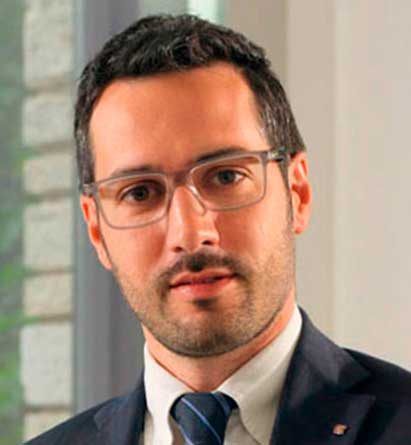Italian Technology, Foreign Capital
by Domenico Di Monte, President of Assofluid
Recent news concerning purchases of or investment in Italian companies by foreign multinationals or funds has given me cause for reflection. This is of great relevance considering the acquisitions of Italo trains by the US fund Global Infrastructure Partners, which saw shareholders accepting a bid of around €2bn and the 75% purchase of Masterwood, the Rimini based manufacturer of wood-working machine tools, by the Chinese Guangzhou KDT.
The reason for choosing these two examples in particular is that they give us the opportunity to analyze two differing sectors in terms of technology and business goals. On one side the transport sector, strategic for every country, and a company of national scale using the most advanced technology, on the other, machine tools, forever considered one of the jewels in the crown of the Made in Italy system, with European and global reach, but a much smaller overall operation. At the same time, it is also interesting to note that investment is coming from two geographical extremes, North America and China. This is a clear indication of the way markets are moving, as investors look to place capital in “technologically strategic” sectors and companies.
I do not wish to discuss the opportunities there may or may not have been to maintain Italian ownership of these companies, thereby waving the flag of populism, because it is also true that Italian firms have made important acquisitions abroad (see the case of Ferrero in the US). What I look to underline is that planning and strategic vision, where all variables are taken into account, starting with technological advances is paramount. It is this point, technology management which I sincerely hope can be kept and managed here in Italy – this being a skill and prerogative of many Italian companies.
I like to think that the increasing importance of being internationally competitive, and thus, creating economic growth, can be satisfied through technological competence and capital coming from Italy. At the same time, I am concerned that fundamental sectors for the everyday life of a country’s citizens, like that of transport, can be managed or controlled by groups having no direct contact with the country in question.
A country’s greatness can be measured by its technological level, but also by the way in which a state allows its citizens to benefit from the presence of technology. In a global market, exploiting economies of scale and an international presence are increasingly important key factors in opening up new markets and growing business. I hope, in terms of growth, that the other side of the coin is not relinquishing technological excellence and that the benefits of this development are reflected across the country and not only in the single companies involved.

